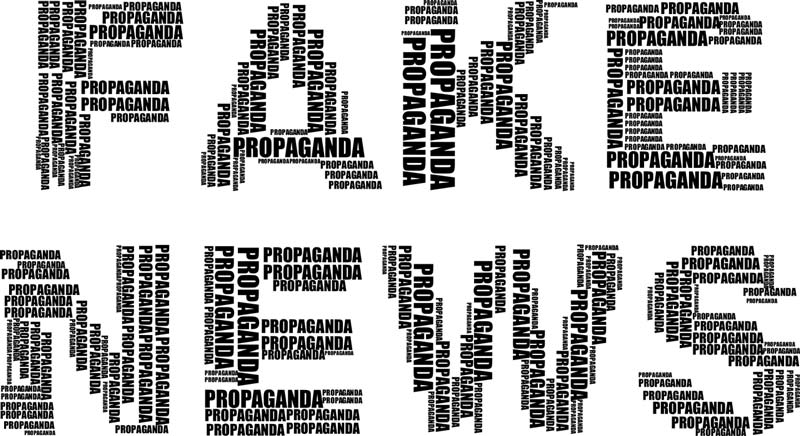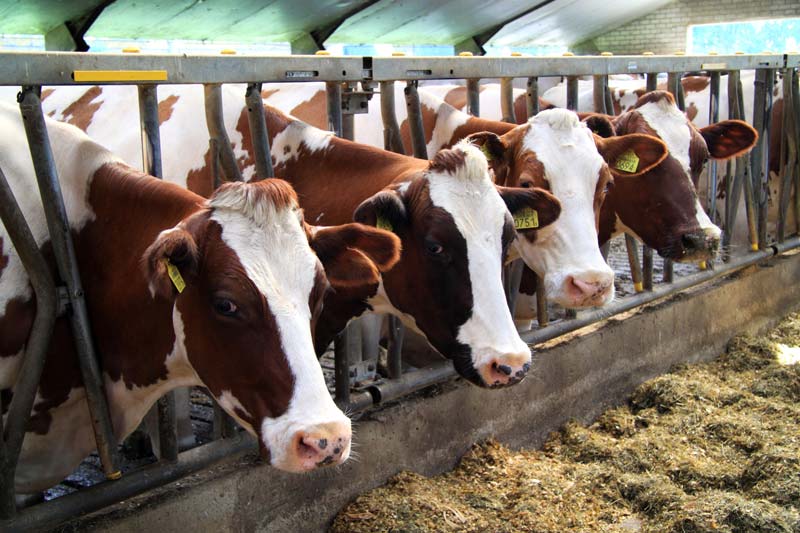It’s that time of year where we often move swiftly from a period of excess to one of reflection. We become a little more mindful of things we would like to change about our habits and ourselves.
Some give up alcohol, some hit the gym, while many give up meat and animal products – either temporarily or in a move to a plant-based lifestyle. This time last year saw social media timelines blow up with a lot of anti-animal agriculture sentiment, so I would like to reiterate some of my thoughts on the issue.
The internet is a brilliant resource, but often a frustrating place to be – especially when faced with false claims or doctored images intended to smear the industry we work in.
One such example depicts a calf restrained in a crush with a disbudding iron held to a horn bud. The text tells of how this baby animal is about to be shot in the head because it is worthless to the dairy industry. Unfortunately, this influences people – especially if they don’t have the incentive to look further into its validity – hence, a lot of anti-dairy propaganda and anti-agriculture Twitter accounts springing up.
Education
We’ve all got a lot on our plates, whether we’re farmers, vets or industry workers dedicated to production animal health and welfare, but times such as this remind us we have another task: public education.
Some people do not believe animal welfare can be upheld if the end destination is slaughter – and there’s no arguing with those who believe this. They do not want animal agriculture to exist, and that’s the end of it.

But it is worth engaging in discussions with curious members of the public who have never been afforded an education about where their food comes from, rather than simply writing them off as ignorant or, worse, baiting them.
As someone who considers animal welfare extremely important, I’ve found embittered online debates on this subject hugely disheartening.
Every day, I see clients trying hard to uphold a good standard of living for their stock, but I recognise many are influenced by snapshots without context, or the wrong context applied.
Public awareness
I would like the public to know those involved in food production through animal agriculture do care, and welfare specific reasons exist behind our practices on farms.
I wish they knew how much care went in to rearing animals for food and that more people understood fellow humans are reliant on the industry – not just as consumers, but also as people who need jobs to feed their own families. There is, sadly, no subject in the curriculum that will convey this message to children in schools, so it falls to us to fight the myriad misinformation and fear that surrounds our industry.
How do we do that? By first ensuring our practice is above reproach. If someone asks us why we perform a certain task, take some time to explain why – if we cannot come up with a good reason then is it perhaps a practice we can evaluate? Can scrutiny of welfare on farms in the current climate encourage better practice?
We can counter propaganda if we are proud of how we rear and treat our animals. Of course, we know many already uphold an exemplary state of welfare and husbandry – this should be celebrated.
It is disappointing that countering fake news is another point on a long list of things we have to do; I know I’d sooner spend my time studying how to improve animal husbandry and welfare than field cries of “murderer” on the internet.
I’m sure farmers would sooner tend to their stock than refute horrific “articles” full of doctored pictures and lies. Yet, here we are, having it hinder our morale and our ability to do a good job, because, no matter how hard we work, it will never be good enough for people blinded by propaganda.
Transparency

But I would like to encourage anyone on the fence about animal agriculture, or questioning our methods, to ask questions, visit open farms and consider the accuracy of the information made available to them.
I feel many would be better off having first-hand experience of what happens on farms. I’m sure it’s not as bad as they have been led to believe, but if they still are not in support of animal agriculture after having been educated then fair enough.
Transparency is the key to better-informed decisions. If someone doesn’t want to set foot on a farm, or want to engage in a reasoned and civilised talk, there’s little point in wasting your energy. It’s sad, because reasoned discussion is vital to progress, but it’s only going to adversely impact your mental health and waste time.
However, if someone is asking questions borne of genuine curiosity then I hope we can all respond with truth and kindness. This is the sort of discussion that will truly foster progress.

Leave a Reply